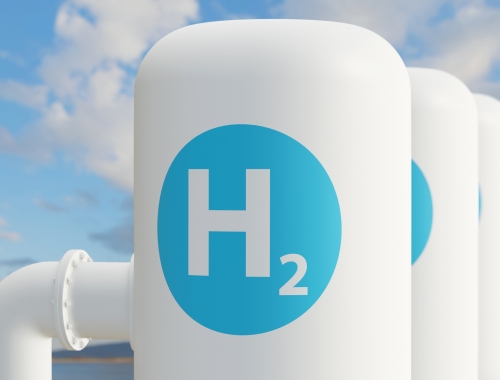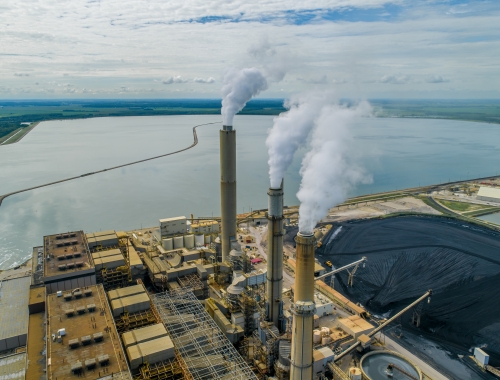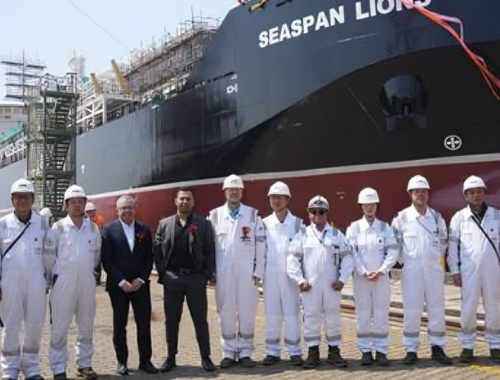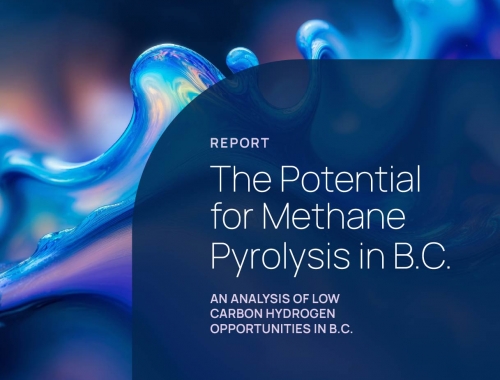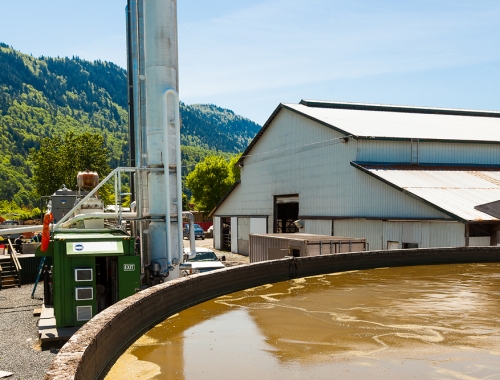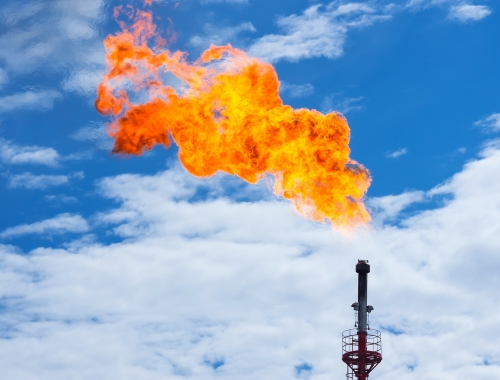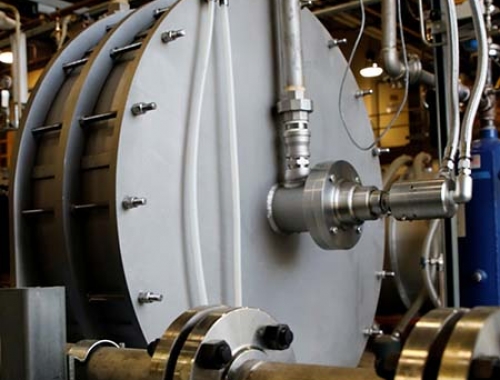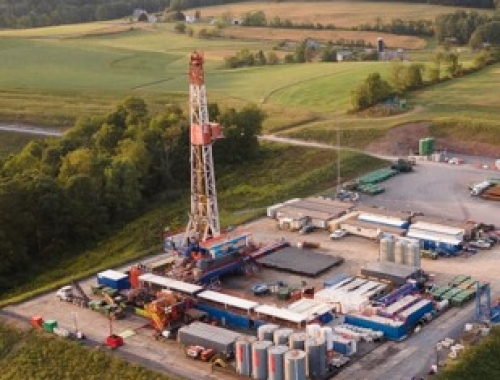Tourmaline, Clean Energy Fuels in Canadian CNG development
SUMMARY
Development agreement will see 20 CNG stations across western Canada.
By Dale LunanTourmaline Oil, Canada’s largest natural gas producer, and Clean Energy Fuels (CEF), the leading US supplier of natural gas fuels for transport, said April 18 they had joined in a C$70mn joint development agreement to build and operate a network of compressed natural gas (CNG) stations across western Canada.
Through the 50-50 shared investment, Tourmaline and CEF expect to build and commission up to 20 CNG stations over the next five years, supporting heavy duty truck fleets and other commercial transportation fleets to transition to CNG, a lower carbon alternative to gasoline and diesel.
Tourmaline will supply the natural gas, CEF will operate the stations and Mullen Group, one of North America’s largest logistics companies, has indicated its support as an early adopter and expects to use the network of stations to fuel its growing fleet of CNG-powered trucks.
Clean Energy already has a vast network of fueling stations across North America, including 26 in Canada, CEO Andrew Littlefair said, with most of them – especially those in the US – fueling heavy duty trucks with renewable natural gas (RNG), derived from agricultural or municipal waste. The new stations being developed with Tourmaline will be capable of blending RNG into the fuel it supplies, but for now, CNG is the preferred choice.
“Tourmaline is Canada’s largest natural gas producer, and innovation is at the heart of everything we do, so this partnership with Clean Energy is a natural fit,” Tourmaline CEO Mike Rose said. “Across our operations, we have achieved significant emission reductions and cost savings by displacing higher-emitting fuels with natural gas. Thanks to this initiative, we’re able to help the transportation industry do the same.”
When compared to diesel vehicles, natural gas vehicles emit 20% less CO2, 90% less carbon monoxide and nitrogen oxides, and 99% less sulphur oxides and particulate matter. And vehicles fueled with CNG can see cost savings of up to 50% when compared to retail diesel prices, on an energy-equivalent basis.
Based on the anticipated commissioning of up to 20 stations over the next five years, approximately 3,000 natural gas-powered trucks could be fueled using CNG every day, resulting in a reduction of approximately 72,800 metric tons/year of CO2-equivalent. The stations will also be available to other fleets and to lighter duty commercial or personal CNG vehicles.
The first station is already operational north of Edmonton, with the next three stations expected to be commissioned in Calgary and Grande Prairie in Alberta and in Kamloops, BC in the first half of 2024.
The venture will also provide yet another market outlet for a portion of Tourmaline’s 2.3bn ft3/day of natural gas production, Rose said after a Calgary event announcing the development agreement.
“Initially, with the 15 or 20 stations that we end up with, we’re in the 10s of millions (of ft3)/day, but as the initiative grows over time, there is a much bigger target from a natural gas standpoint,” he said. “If every 18-wheeler in country converted to natural gas, we would be talking about something like 1.5bn ft3/day, and obviously that is not going to happen. But if you have 10% or 15%, you’re talking about a pretty reasonable gas volume.”

